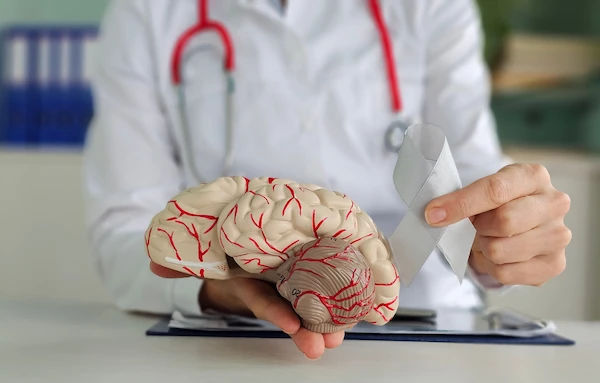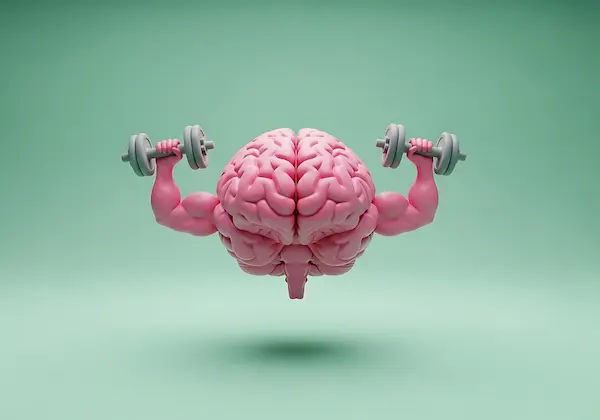- Male
- 17 Years
- 22/01/2025
I've been feeling some weird things lately, and I'm a bit worried. Last night, my sister said I was experiencing jerks in my sleep. Today, I'm noticing that parts of my body seem to move involuntarily when I'm trying to fall asleep. Plus, I've barely slept more than 5 hours a night this past week. Is this something I should be concerned about? Could it be serious?
More Neurology Health Queries
View allI've been taking Saridon for my headaches about once or twice a month and I'm wondering if that's safe to continue. Could you give me some advice on this?
Saridon can be used occasionally for headaches, but it's important not to rely on it frequently. Using it once or twice a month is generally considered safe, but if headaches persist, it's a good idea to consult a doctor for a more tailored treatment plan.
Answered by 1 Apollo Doctors
I've been experiencing these strange vibrations in the back left side of my head for the past few months. They only last about 5 to 10 seconds, but it's really starting to worry me. Could this be something serious? Should I be concerned?
The sudden, intermittent vibrations in the left side back of your head, lasting 5-10 seconds, could be related to various factors, including muscle spasms, temporomandibular joint (TMJ) issues, ear problems, or even anxiety; however, to rule out any underlying conditions, such as multiple sclerosis, vestibular disorders, or neurological issues, consult a healthcare professional, preferably a neurologist or an ear, nose, and throat (ENT) specialist, for a thorough evaluation and proper diagnosi
Answered by 1 Apollo Doctors
I've been having this tingling sensation in my hands, feet, and all over my body. A neurologist recommended vitamins B12 and others, but the issue hasn't gone away. I've been masturbating about 5 times a week for the past 8 years. Do you think that could be causing it? What should I do?
It may be due to nerve compression in cervical spine or anywhere in shoulder side because of poor posture... You can take physiotherapy for nerve entrapment and correct posture exercises. Masterbation is not a cause for this problem.
Answered by 1 Apollo Doctors
Disclaimer: Answers on Apollo 247 are not intended to replace your doctor advice. Always seek help of a professional doctor in case of an medical emergency or ailment.






